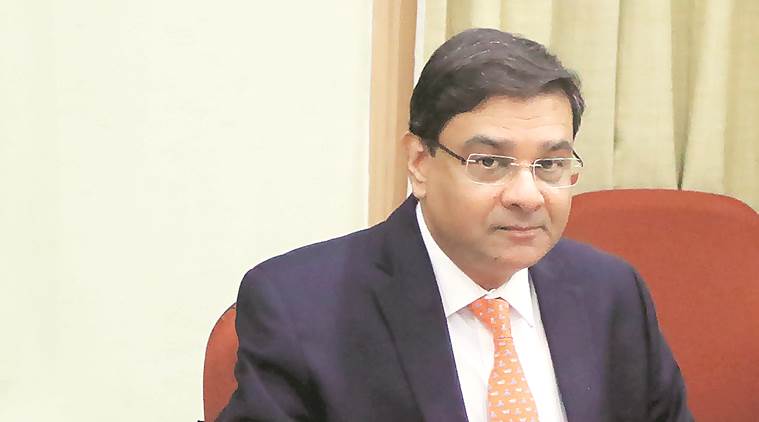 Brought in 18 months after exit from RBI
Brought in 18 months after exit from RBI
Almost 18 months after his fractious and early exit as Reserve Bank of India Governor, Urjit Patel was Friday appointed chairman of the National Institute of Public Finance and Policy (NIPFP), India’s premier economic think tank.
Patel replaces former bureaucrat Vijay Kelkar, who chaired NIPFP for almost six years. He is scheduled to join June 22 and will have a four-year tenure, NIPFP said in a statement.
NIPFP is an autonomous body set up jointly by the Ministry of Finance, the erstwhile Planning Commission, and several state governments.
It maintains an independent non-government character and pursues research in public policy, advising the Central government as well as states.
The Governing Council’s decision to appoint Patel is a signal that the Centre may wish to draw upon his experience as it navigates policy in the increasingly turbulent Covid times.
NIPFP’s Governing Council, which includes the Revenue Secretary, Economic Affairs Secretary and the Chief Economic Advisor from the Union Finance Ministry, besides representatives from Niti Aayog, RBI and three state governments, met on Thursday and supported Kelkar’s invitation to Patel to join as Chairman.
Rathin Roy quit as Director, NIPFP, and so did Sumit Bose, as Vice Chairman, NIPFP.
The Governing Council is expected to appoint a search and selection committee to appoint a new Director. While Roy did not respond to messages, Bose, former Finance Secretary, said, “I have quit because I have shifted to Kolkata.”
Patel had, in an April 6 piece in The Indian Express,said that the welfare support — encompassing both food and money — announced by the government on March 26, had combined compassion and prudence. While the fiscal support, less than 1 per cent of GDP, was seen as inadequate, he wrote, “For India to replicate what developed countries have done is not possible as willy-nilly we have to confront the reality of limited financial space,” he said.
In the same piece, he suggested banks may retain profits to enhance capital buffer to remain strong. Within a fortnight, the RBI asked banks not to make dividend payouts from profits for 2019-20, and instead conserve capital.
In another article in The Indian Express a month ago, co-authored with Amartya Lahiri, the duo made a strong case for ubiquitous testing and estimated the outlay for such a testing plan at 2.5 per cent of GDP. “The cost of having a comatose economy due to limited testing will possibly be higher than this,” they said.
Patel had taken charge as the 24th Governor on September 5, 2016, and was chosen by the BJP-led government after his predecessor Raghuram Rajan was denied a second term. Under him, relations between RBI and the government remained fractious.
Citing “personal reasons”, Patel had quit as the RBI Governor on December 10, 2018, almost 10 months ahead of his term. The RBI and the government differed on a number of policy-related matters including surplus transfer to the exchequer.
The government had for the first time invoked a provision in the RBI law — Section 7 — to open a formal discussion with the Governor.
After Patel’s resignation, the government appointed former revenue and economic affairs secretary Shaktikanta Das as the 25th Governor of the RBI effective December 12, 2018.